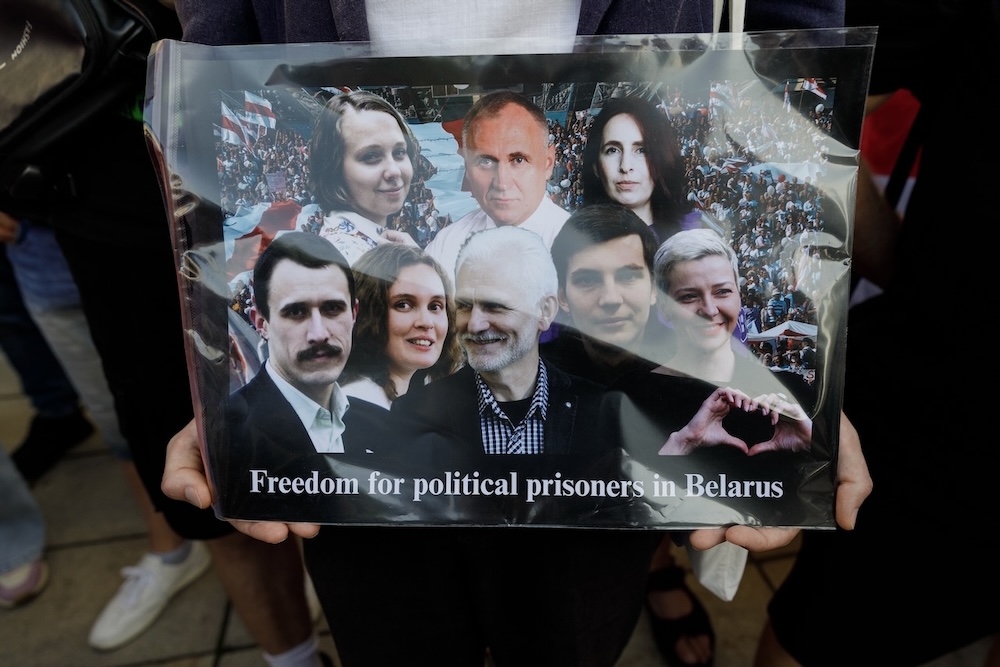Belarus and US Discuss Sanctions and Bilateral Relations
Belarus released 52 political prisoners and the United States eased sanctions on the Belarusian airline Belavia following high-level talks in Minsk on September 11, 2025, marking a tentative step toward normalizing bilateral relations.

Belarus and the United States took significant steps toward thawing their strained relationship during a high-profile meeting in Minsk on September 11, 2025. U.S. special envoy John Cole met with President Alexander Lukashenko, delivering a personal letter and symbolic gift from President Donald Trump. The immediate outcome was the release of 52 political prisoners by Belarus and the U.S. decision to lift sanctions on the state-owned airline Belavia, which had been in place since 2022 due to Belarus’s support for Russia’s war in Ukraine and ongoing human rights abuses.
The released prisoners included journalists, opposition leaders, trade unionists, and 14 foreign nationals. However, opposition figures and human rights groups noted that most of those freed were forcibly deported, with 51 crossing into Lithuania and at least one, opposition politician Mikalai Statkevich, refusing to leave and subsequently being detained again by Belarusian authorities. Sviatlana Tsikhanouskaya, a leading opposition figure, described the move as “forced deportation” rather than genuine freedom, highlighting that nearly 1,200 political prisoners remain incarcerated in Belarus.
The U.S. move to ease sanctions on Belavia allows the airline to purchase aircraft parts and potentially resume flights to the U.S., though European restrictions still block most routes. Analysts suggest that Washington’s strategy is to incentivize further prisoner releases and encourage Belarus to distance itself from Moscow, especially as the country hosts the Zapad-2025 military exercises with Russia. However, critics warn that the Belarusian regime may use such deals to trade its own citizens for economic and political concessions, while continuing to repress dissent at home.
The talks also included discussions about reopening the U.S. embassy in Minsk and further normalizing economic relations. While the U.S. frames the prisoner releases as diplomatic wins, experts caution that the regime’s pattern of releasing some detainees while arresting others could undermine long-term progress on human rights.
Regionally, the rapprochement between Washington and Minsk stands in stark contrast to the European Union’s approach. The EU has expanded sanctions on Belarus, including a full ban on financial transactions and new restrictions on the country’s military-industrial complex. In response to the Zapad-2025 drills, Poland and Latvia have closed their borders with Belarus, citing security concerns.
Looking ahead, both sides signaled openness to further negotiations, with the possibility of additional sanctions relief in exchange for more prisoner releases. However, the fundamental issues of political repression and Belarus’s alignment with Russia remain unresolved, and the durability of this diplomatic opening is uncertain.
Sources
-
PISM (Polish Institute of... US and Belarus Want to Normalise Bilateral Relatio...
-
Los Angeles Times Belarus forcibly deported political prisoners afte...
-
JURIST Belarus frees 8 more journalists as US eases sanct...
-
Ukrinform Lukashenko may continue prisoner-for-sanctions bar...
-
Izvestia The United States wanted to return the embassy to...